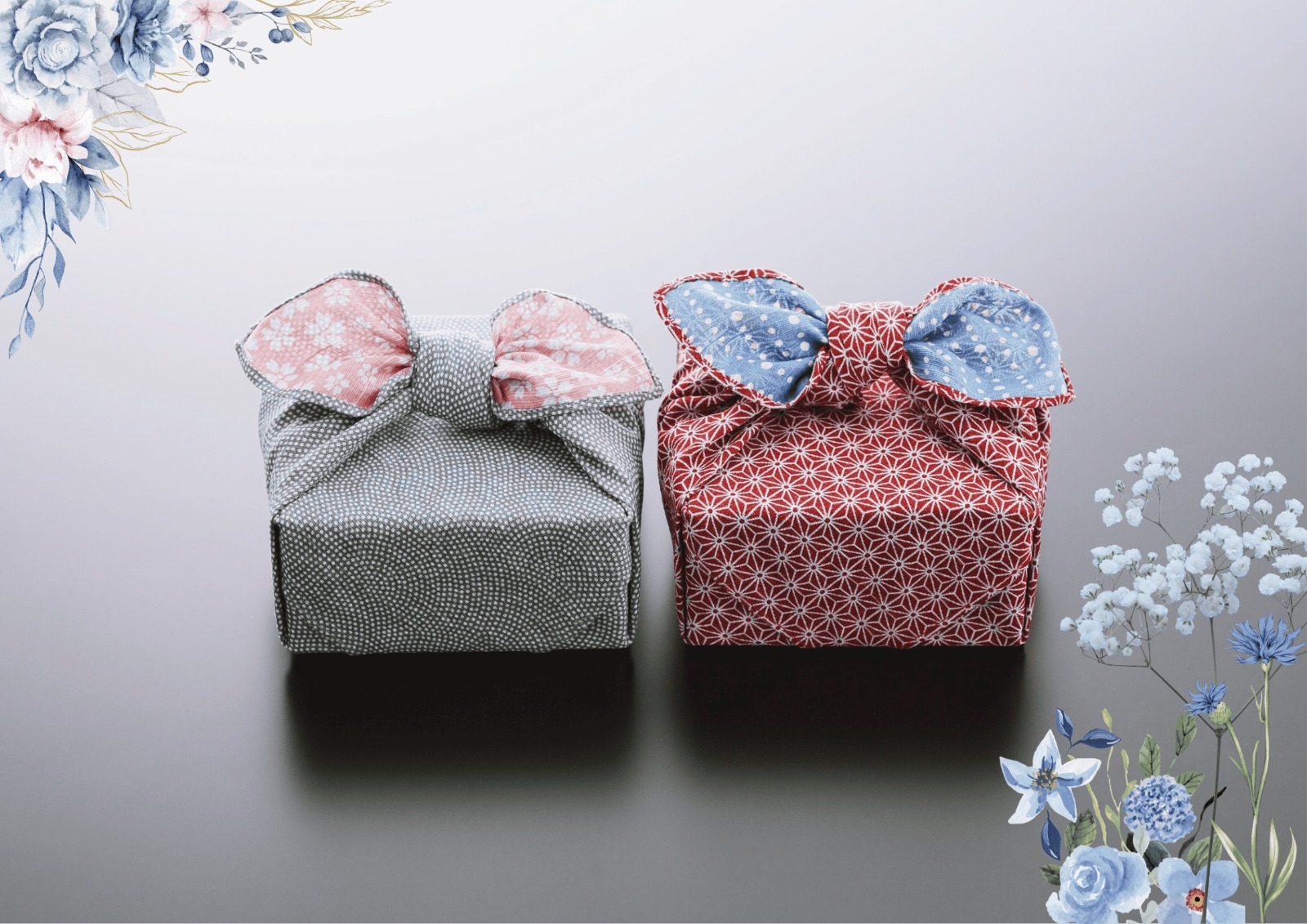
Every society has special times and occasions for exchanging gifts. In Japan, the most common gift-giving period is Seibo, which runs from December 10th to the end of the month, and Chuugen, which is midsummer. Gifts given at these times are intended to show appreciation for the cooperation and help received throughout the year. Although personal gifts to superiors are becoming outdated, many companies still offer Seibo gifts to their customers.
In the past, it was customary for the gift-giver to deliver the gift in person, and this is still considered an appropriate way to show respect to the recipient. However, in modern life, it has become increasingly difficult not only to find the right time to distribute gifts but also to stay home to entertain those who come to give them. This situation is not feasible for someone providing personal services, such as a doctor, so it has become customary to send Seibo through shopping centers or the post office.
As Seibo season approaches, couples discuss who to give seibo to and how much they can afford. But most often, the term "shopping" is used. It's another matter entirely to ignore the gift "for the man or woman who has everything," which usually results in something mundane or unimaginative. Foodstuffs, especially drinks like sake and even staples like sugar and canned fruit, are the most popular seibo, although items like clothing are also common.
In Japan, whether a gift is memorable to the recipient is not only determined by its value but also by the prestige of the store where it was purchased. Therefore, seibo are given in packaging that clearly indicates where the gift was purchased. In Europe, this is considered impolite, even rude. Large department stores offer special "gift stands" during the seibo season, displaying hundreds of wrapped gifts ready for delivery and providing advisors to help with gift selection.
Not only that, small retail stores and specialty shops are expanding their own product sales, reminding people of their social obligations and competing for the generous year-end bonuses companies offer employees.
Gift-giving in modern Japan is a significant expense that directly benefits all parties involved. The number of gifts given is a measure of one's social status and is even considered a season of extravagance. However, many Japanese lack the courage to resist the pressure of advertising to fulfill "debts," so there seems to be little freedom of expression that would diminish the importance and universality of gratitude.
Note:
- Seibo is the gift-giving season in Japan, which begins on December 10th and continues until the end of the month.
- Chuugen is the summer festival.
Data source: Harumi Befu














